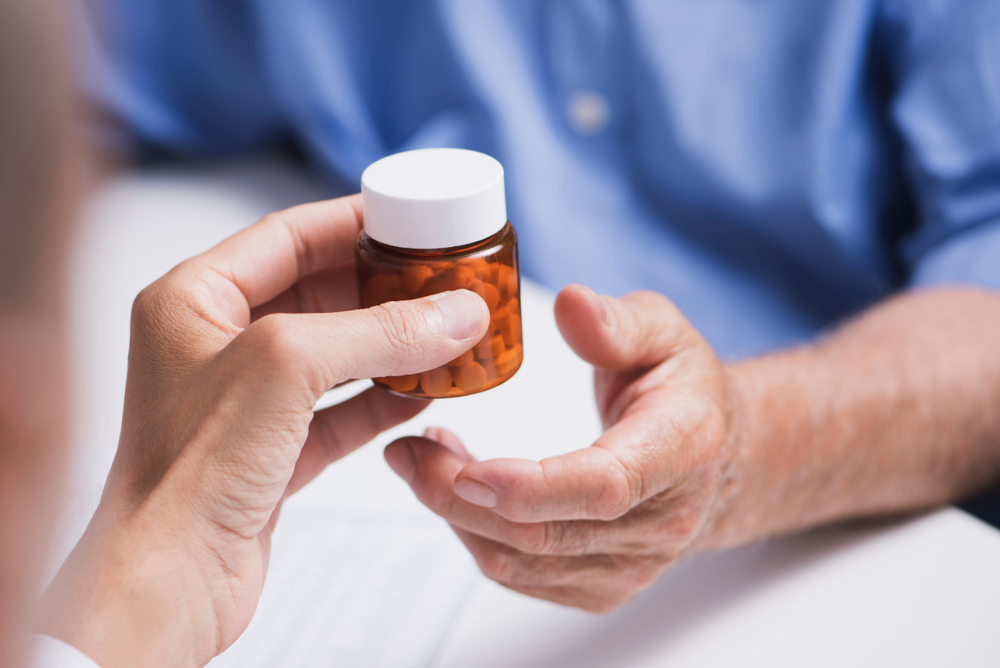Signs of Overmedication in Elderly Adults
Category:

By the time we reach 60, most Americans are taking a handful of prescription drugs to help manage chronic health issues like high blood pressure, arthritis, or diabetes. When used properly, these medications can be life-changing for seniors looking to enjoy their lives to the fullest.
However, the side effects of overmedicating the elderly can sometimes be more severe than the initial problem those drugs were seeking to address. In this post, we’ll break down the dangers of overmedicating the elderly and how to properly identify and react to symptoms of being overmedicated.
Overmedication of the Elderly
According to a report from the U.S. Centers for Disease Control and Prevention, about a third of American adults in their 60s and 70s use five or more prescription drugs regularly. As a result, overmedication of the elderly can be all too common for a number of reasons.
Ariel Green, M.D., Ph.D., M.P.H., a doctor who conducts research on potentially harmful medications for the elderly, explains many seniors end up taking a medication they were prescribed years earlier long after it is no longer necessary. Green also warns that “prescription cascade” may occur when patients are prescribed new medications to deal with the side effects caused by other drugs they have been prescribed.
Over-the-counter drugs and supplements can also play a role in overmedicating the elderly. Many health “supplements” are heavily advertised to seniors — and though there is little to no evidence to support their efficacy — they can have negative interactions with necessary prescription medications. One example being supplements that use ginkgo biloba have been shown to increase risk of bleeding in patients who are on blood thinners.
Though not a prescribed medication, alcohol abuse in seniors can increase the risk of “oversedation” — which can cause drowsiness and confusion, and greatly increases risk of accidents in the home or behind the wheel. Seniors who are taking opioids, benzodiazepines, or antihistamines are at the greatest risk.
Signs of Overmedication in Elderly Adults
Overmedication symptoms will vary from person to person based on what prescriptions they are taking, but common signs of overmedication in the elderly include:
- Anxiety
- Cognitive Impairment
- Confusion
- Depression
- Diarrhea, constipation or incontinence
- Dizziness
- Excitability
- Falls or accidents
- Loss of appetite
- Reduced alertness
- Skin rashes
- Weakness
Green says that if she takes on a new patient exhibiting these symptoms, her first step is to ask about what medications they are taking, “In geriatrics, we teach that when assessing symptoms in patients, think medications first,” she says. “When I see seven or 10 different meds, I consider the possibility of overmedication.”
Download Our FREE Path to Care Guide
What to do if Your Loved One is Being Overmedicated
The best way to avoid overmedicating the elderly is for seniors and their caregivers to request a medication review at least once a year or after any hospital visit or major medical event. This ensures your loved one’s medical team will have a regular check-in on what medications are being taken and whether they are still providing their intended benefits.
If you believe your senior may be showing symptoms of being overmedicated, reach out to their primary care physician and schedule a medication review. To learn more about our home care services, contact our caregiving team today at 1-800-GRISWOLD or find a Caregiver near you.
Subscribe
Date: 2024-10-09
Category:


